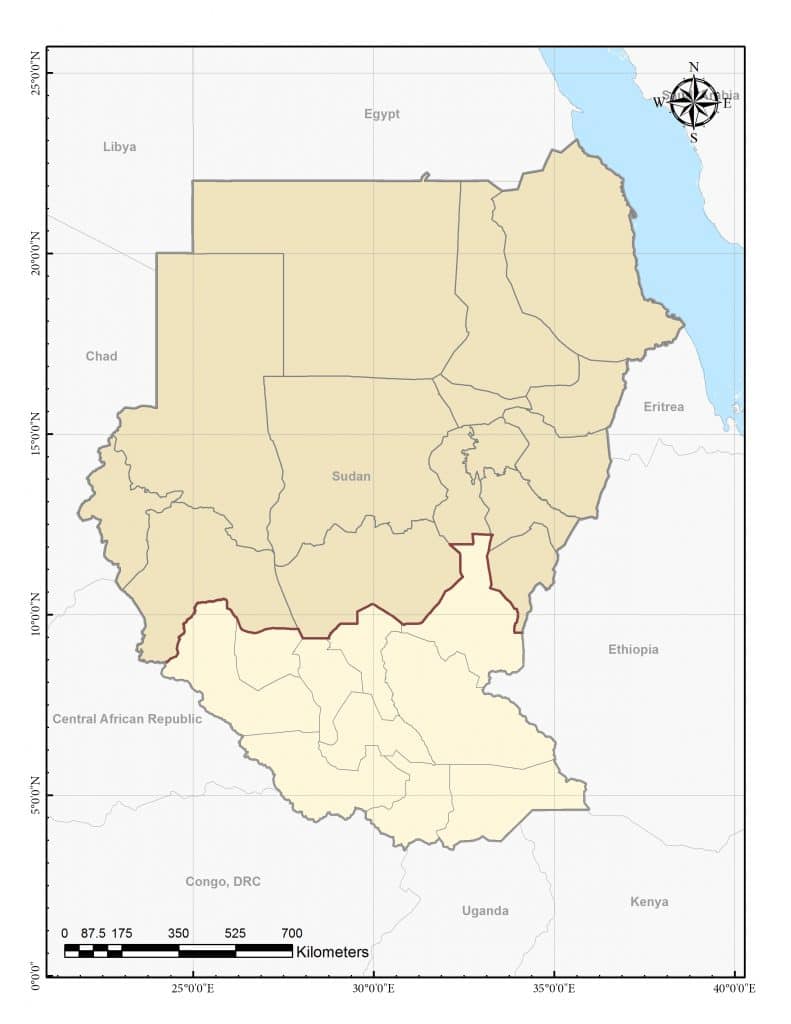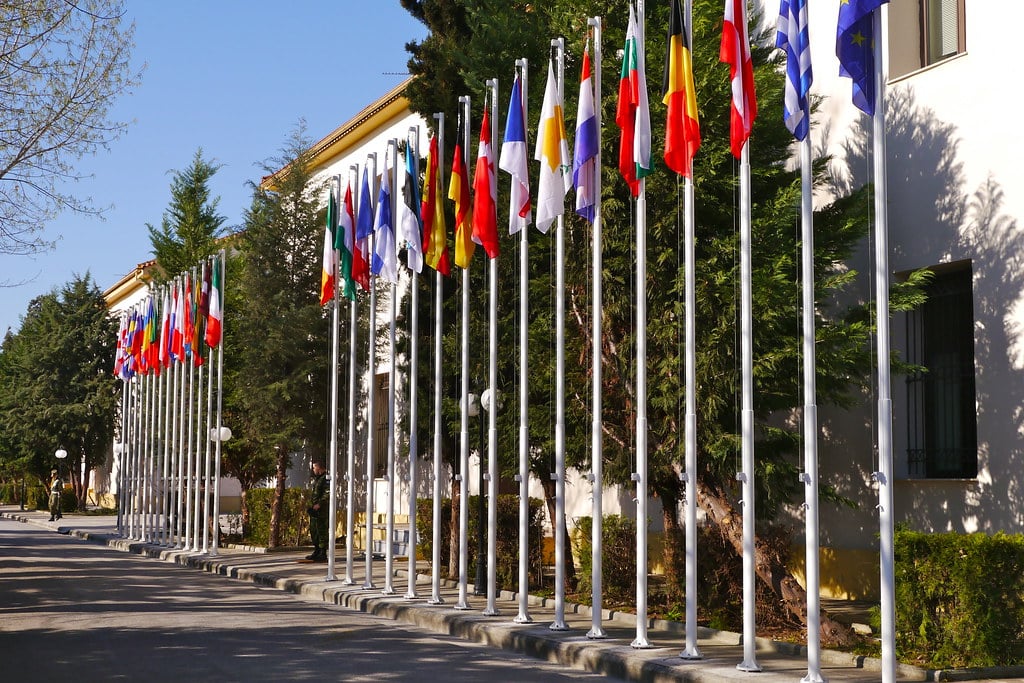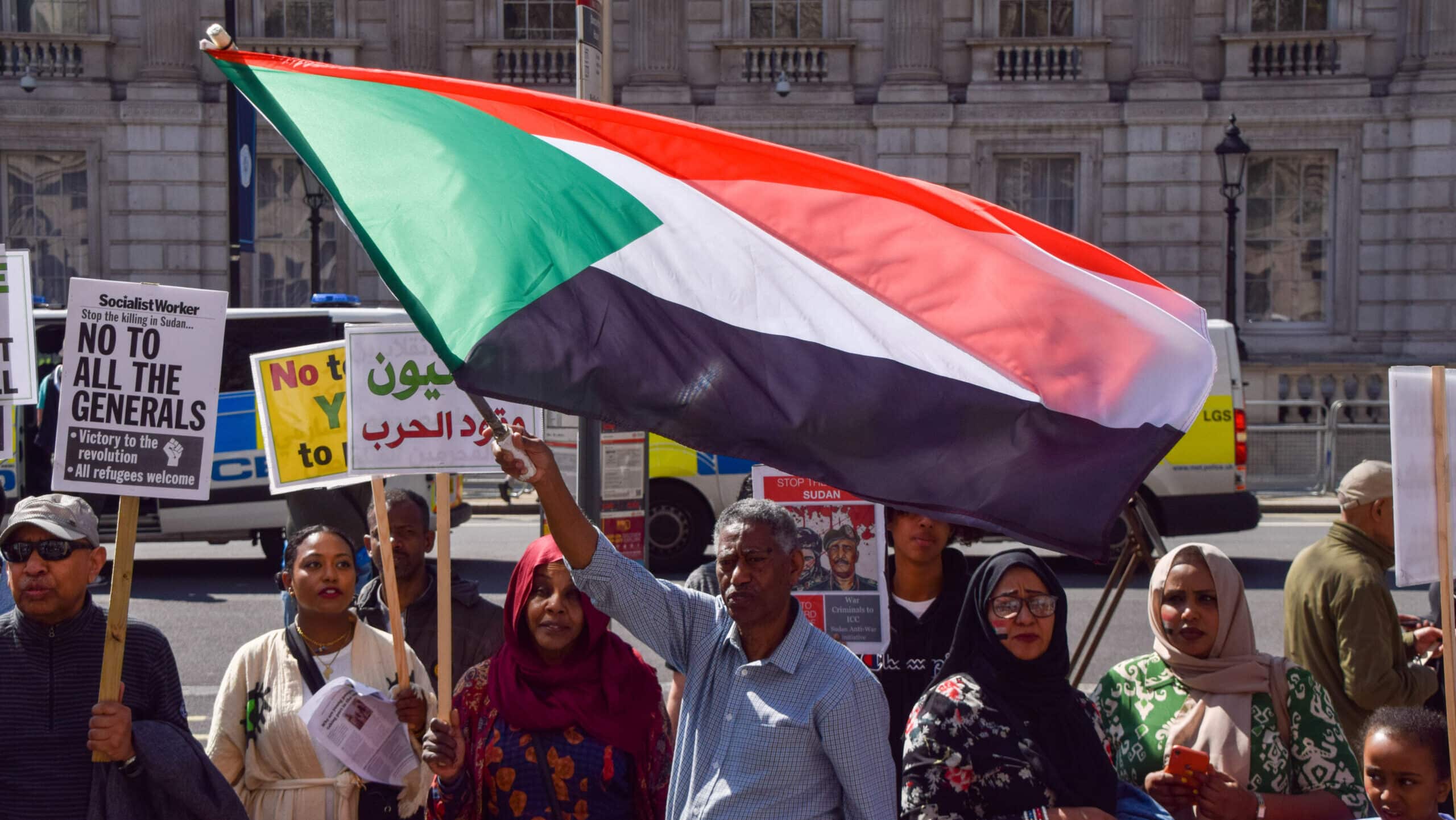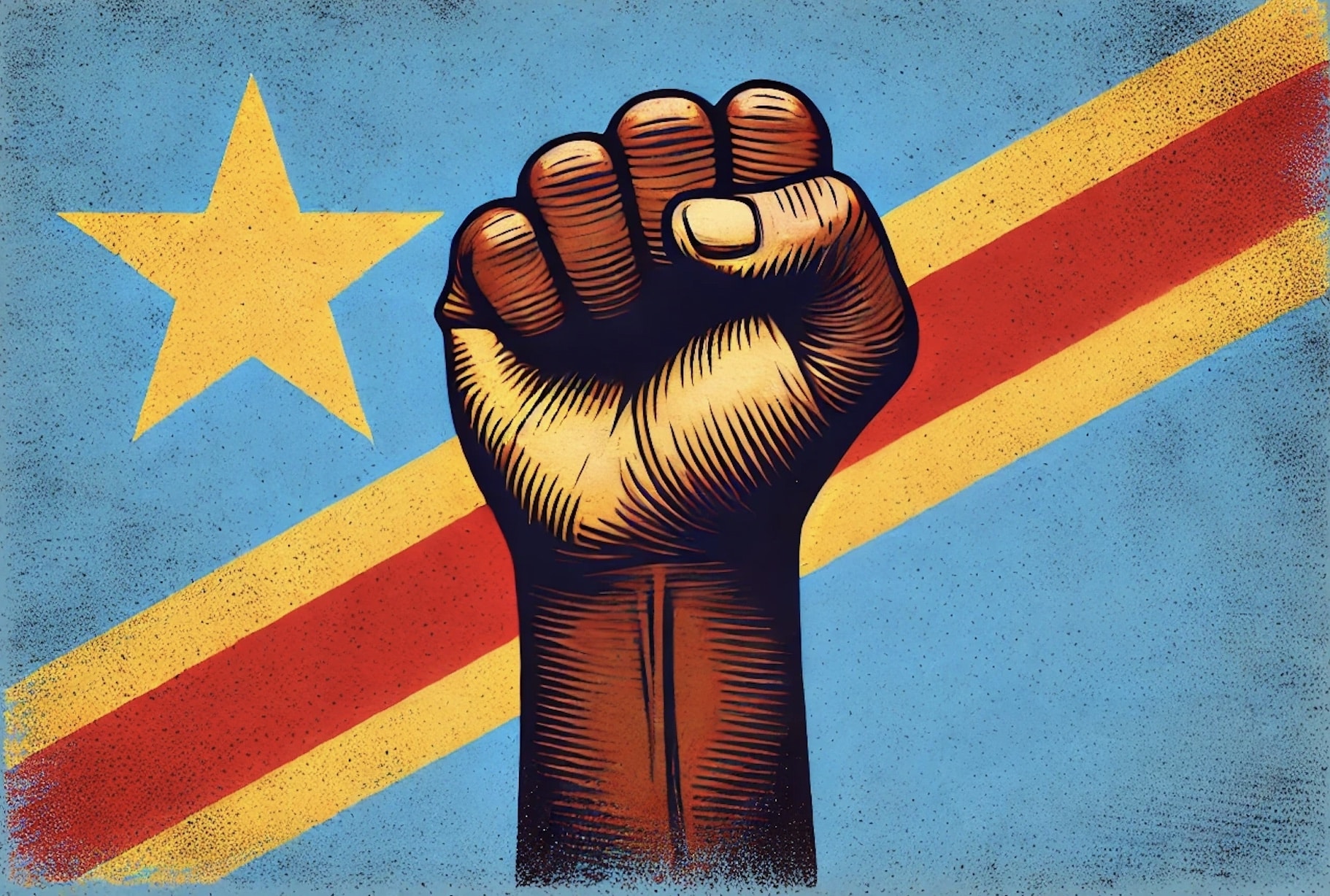Talks have begun between Sudan’s power-sharing government and Sudanese rebel groups, making the Sudanese people hope that this brings an end to the violence in the country and that 2020 can become the year of peace in Sudan. Sudan has been in war with rebel groups, mostly located in Sudan’s Western regions, since 2003. After ousting of Omar Al-Bashir earlier this year, who ruled the country for thirty years, the military and the protesters, represented by the pro-democracy movement, made a power-sharing agreement that also agreed on a six month timeline to make peace with the rebels. This meeting was possible after some rebel groups signed draft agreements last month, detailing plans for talks and trust-building measures. So, how did we get here?
The ousting of President Bashir
In explaining the current situation we need to move back to the December 2018, when Bashir’s government imposed some emergency measures to prevent an economic collapse of the country. These measures, however, also included the abortion of bread and fuel subsidies, which resulted in demonstrations in the East of the country. These demonstrations quickly spread to the capital (Khartoum) and broadened into the demand of the removal of President Bashir and his government. After months of demonstration, the demonstrators took over a square in front of the military headquarters and demanded help from the army in ousting the President. Five days later, on April 11th 2019, the army overthrew the President and formed a council of generals.
Power-sharing agreement
Although Bashir left, the demonstrations remained and moved to the military headquarters. The demonstrators demanded a transition towards a civilian government. Eventually, after severe escalations on June 2nd from the military in the demonstrations which reportedly killed more than 100 people, both sides came an agreement this August to form a transitional, power-sharing, government. This agreement stated that a power-sharing government will be in power for 39 months, after which elections will be held. In this transitional government, the power is shared between the government and the military. The Cabinet will, for instance, will aside from the Defence and Interior Ministers be completely chosen by the Pro-democracy movement, Whereas the Sovereign council will be headed by a military general for its first 18 months and be split 50/50 between the military and pro-democracy movement (with one additional ‘neutral’ candidate). An important extra rule is that all sovereign council members and cabinet members are barred from running for election after the transitional government. Interestingly, this long transition period was a victory for the pro-democracy movement, as they argued that Bashir’s regime was so entrenched in the society that they would need time to dismantle Bashir’s network to make free and fair elections possible.
Peace-talks
Another important element is that the agreement requires the transitional government to reach a peace agreement within the next months with some rebel groups that are active in the Western regions of Sudan. Which is why the talks have begun between rebel groups and the transitional government. The new transition government wants to finally end their civil wars in which thousands of people have already died and which caused Sudan to be unable to borrow from the IMF and the World Bank as it is seen as a state sponsor of terrorism. Similar talks have been tried and failed over de past ten years, which puts pressure on the transitional government to finally succeed. Interesting detail in these talks is that South-Sudan, which became independent from Sudan after a civil war in 2011, hosts the talks in Juba.
Future
At this point we are three months in the transition government and it seems to go well. Although it is too early to tell, the protests have stopped and the government is serious in its talks to end the violence in the Southern Provinces. Ousted President Bashir is, together with several of his party members, in jail facing charges for corruption. The African Union has now lifted its suspension of Sudan’s membership, which was installed after the removal of Bashir. Also the appointment of a veteran economist as Prime Minister, Dr. Abdalla Hamdok can be seen as an attempt to fix the state of the economy. Hamdok has experience in international economic institutions as the African Development Bank and the UN Economic Commission for Africa. With this in mind, the country hopes he can get the economy integrated into the international economy after 20 years of sanctions from the US and boycotts from the IMF and World Bank. The question remains however how independently he can function with a general as head of the Sovereign Council and the military as one of his main spending problems. A question only the future can answer, but one of the questions we will try to answer nonetheless in our political café about Sudan on November 23rd, from 13.00 to 17.30 in The Hague. In this event we will elaborate further with experts and a discussion panel about the current situation, the transformational government, the peace process, the question what we can do, and much more. You can sign up here, and we hope to see you there!





